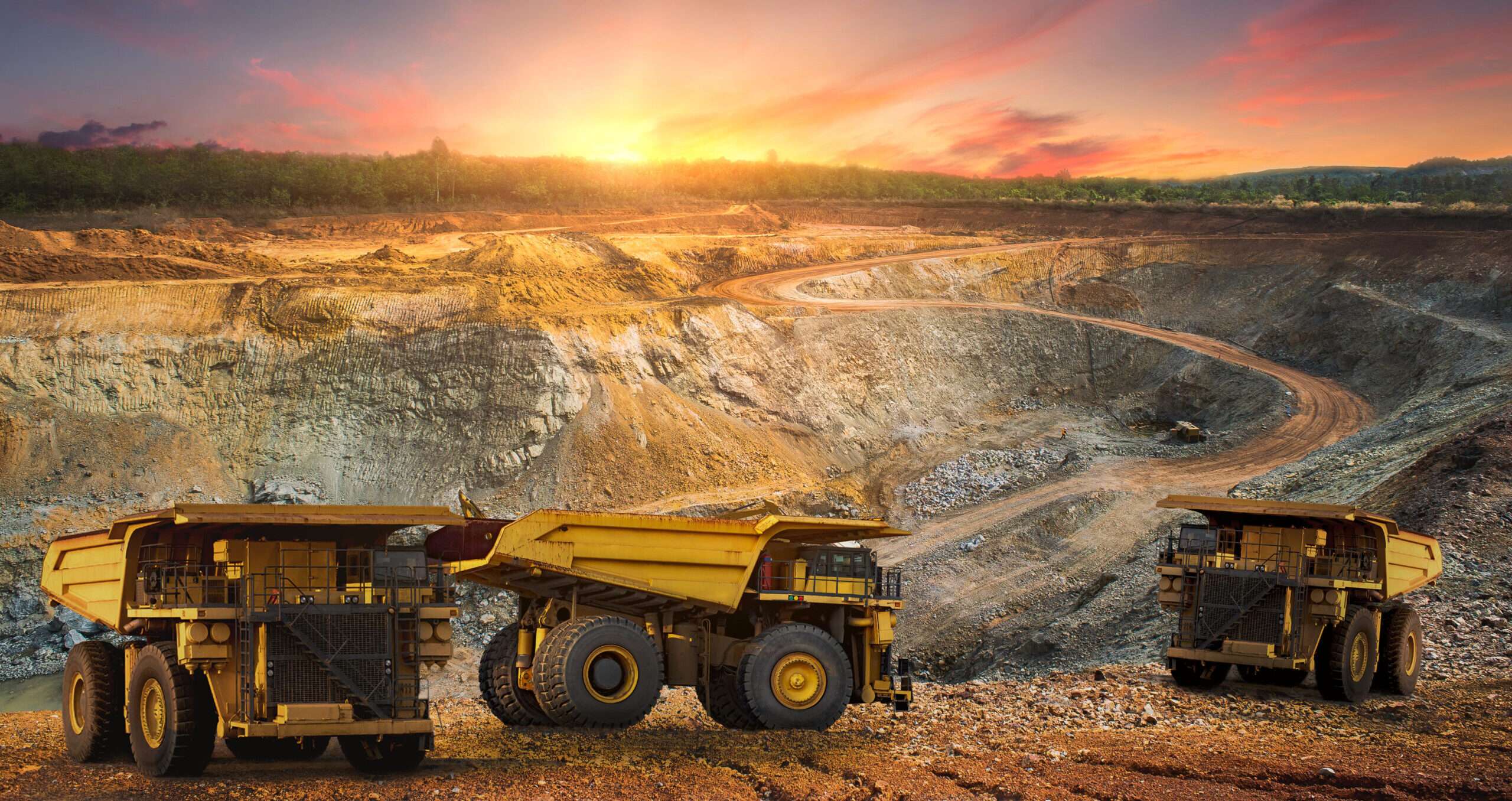Innovative Approaches to Minimize Waste in the Mining Process
Mining plays a crucial role in the global economy, providing essential raw materials for various industries. However, the mining process often generates significant waste, leading to environmental degradation and resource depletion. In this blog post, we will explore innovative approaches to reduce waste in the mining process, ensuring sustainable practices and minimizing the industry's impact on the environment.
- Advanced Exploration Techniques:
Implementing advanced exploration techniques can help identify mineral deposits more accurately, reducing the need for extensive drilling and excavation. Technologies such as remote sensing, satellite imagery, and geophysical surveys enable miners to target specific areas with higher mineral concentrations, minimizing the overall waste generated during the extraction process. - Efficient Resource Recovery:
Traditionally, mining operations focus primarily on extracting high-grade minerals, leaving behind lower-grade ores. However, advancements in technology and processing methods now allow for more efficient resource recovery. By adopting techniques like flotation, leaching, and bioleaching, miners can extract valuable minerals from low-grade ores, significantly reducing waste and maximizing resource utilization. - Tailings Management:
Tailings, the waste materials left after extracting minerals, pose significant environmental risks if not managed properly. To minimize the environmental impact, mining companies are implementing innovative tailings management strategies. These include the use of advanced filtration systems, thickening techniques, and tailings dewatering technologies. Additionally, the adoption of responsible tailings storage practices, such as constructing secure containment facilities and implementing monitoring systems, ensures the safe storage and reduces the risk of contamination. - Water Recycling and Conservation:
Water is a critical resource in the mining process, and its efficient use can help reduce waste. Mining companies are increasingly implementing water recycling systems to minimize freshwater consumption and reduce the discharge of contaminated water into the environment. Advanced technologies like membrane filtration, reverse osmosis, and evaporation techniques enable the treatment and reuse of process water, promoting sustainable water management practices. - Waste-to-Energy Conversion:
Mining operations often generate significant amounts of waste rock and tailings, which can be utilized for energy generation. Innovative waste-to-energy conversion technologies, such as biomass gasification and landfill gas recovery, can convert mining waste into renewable energy sources. This approach not only reduces waste but also contributes to the transition towards a more sustainable energy mix.
Conclusion:
Reducing waste in the mining process is crucial for sustainable resource extraction and environmental preservation. By adopting advanced exploration techniques, efficient resource recovery methods, responsible tailings management, water recycling, and waste-to-energy conversion, the mining industry can minimize its environmental impact while maximizing resource utilization. Embracing these innovative approaches will not only meet the requirements of Google's search engine algorithm but also contribute to a more sustainable and responsible mining industry.

Post Comment